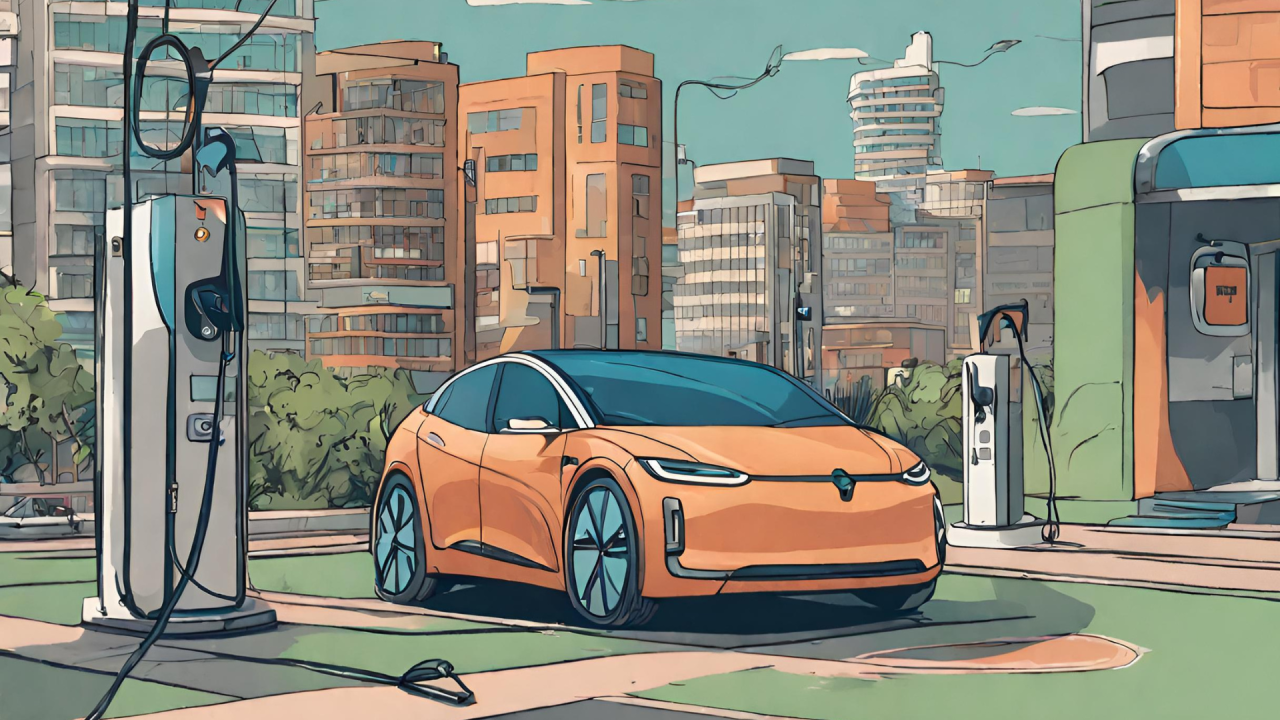
In recent years, many automotive giants like Jaguar, Mercedes, Volkswagen, and Tata Motors have pledged to transition to all-electric vehicles (EVs) to combat climate change and reduce the environmental impact of combustion engine vehicles. But are electric vehicles truly emission-free? Let’s delve into the facts and explore the environmental implications of EVs.
The Environmental Impact of EVs
Contrary to popular belief, there is no such thing as a zero-emission vehicle. While EVs themselves do not emit tailpipe emissions during operation, the manufacturing process and sourcing of materials for EV batteries have significant environmental consequences. The batteries used in electric cars contain elements like zinc, cobalt, and lithium, which are mined at great environmental cost. Mining these elements often involves child labor and results in substantial CO2 emissions.
Government Initiatives and Environmental Concerns
Governments around the world, such as the EU and the UK, have announced plans to ban the sale of combustion engine vehicles in the coming years, with the aim of reducing CO2 emissions. However, the shift to EVs raises questions about the true motivations behind these initiatives. While EVs may offer benefits in terms of reduced reliance on fossil fuels, the environmental impact of battery production and disposal cannot be ignored.
Lessons from Past Policies
The rush towards diesel vehicles in the past serves as a cautionary tale. Despite being promoted as a more environmentally friendly option, diesel cars ultimately contributed to air pollution and health issues due to higher emissions of nitrogen oxides and particulates. It’s essential to consider the long-term consequences of transitioning to EVs and weigh the potential benefits against the environmental costs.
Toyota's Approach and Alternative Solutions
While many manufacturers are embracing EVs, Toyota has taken a different approach, focusing on offering consumers a choice between combustion engine vehicles, hydrogen vehicles, and electric vehicles. With concerns about battery degradation and high replacement costs, Toyota’s strategy emphasizes flexibility and sustainability.
Conclusion: Weighing the Pros and Cons
The transition to electric vehicles represents a significant shift in the automotive industry’s landscape. While EVs offer the promise of reduced carbon emissions and environmental impact, their production and disposal raise valid concerns about sustainability and resource depletion. It’s crucial to critically evaluate the environmental implications of EVs and explore alternative solutions that prioritize both environmental stewardship and technological innovation.
As we navigate the complexities of the EV debate, let’s continue to engage in informed discussions and seek sustainable solutions that address the pressing challenges of climate change and environmental degradation.



